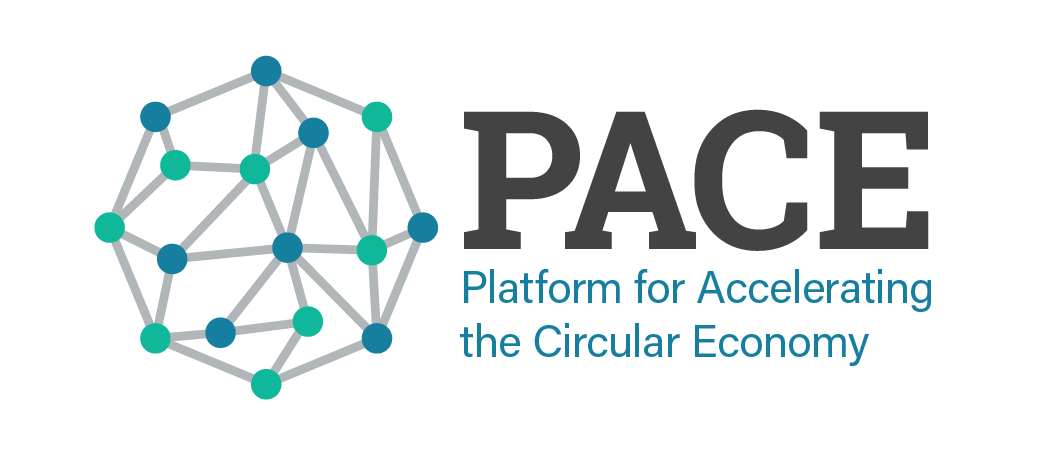Build Back Better: Using Green and Digital Technologies to Reduce Food Waste at Consumer Level
PACE Partners IRP and UNEP are contributing to the following Calls to Action from the Circular Economy Action Agenda for Food:
4. Better understand hotspots of food loss and waste
6. Increase investment in food loss and waste reduction
7. Reframe wasted food and byproducts as valuable resources
Ambition
Build Back Better aims at supporting countries in harnessing green technologies to reduce food waste at consumer level and to Build Back Better from the COVID-19 pandemic. It also contributes to the attainment of the SDGs and climate goals.
Objectives
Within Build Back Better, the objectives are threefold:
-
Diagnose the food waste problem in five cities (Bangkok, Kampala, Belgrade, Bogotá and Doha): working with local authorities to develop urban food waste baselines, supporting food waste measurement and undertaking local policy analysis and stakeholder mapping.
-
Understanding different enablers: analyzing different enablers and successful business models, proposing a tailored intervention package to address food waste issue at consumer level.
-
Engaging with target groups for change in policy, practice and behavior: devising strategies for engaging critical food behavior actors, translating related evidence into easily accessible communication materials, developing engagement and dissemination strategies and identifying partnerships for scaling up impacts.
The Report ‘Reducing Consumer Food Waste Using Green and Digital Technologies’ has been published in 2021 to improve understanding of how green and digital technologies could be used to reduce consumer food waste and what could be done to further unlock this potential.
Partners
IRP, UNEP, Global Opportunities for Sustainable Development Goals (GO4SDGs), One Planet Network, Sustainable Infrastructure Partnership (SIP), UNEP DTU Partnership (UDP), Climate Technology Centre & Network (CTCN)

